Suspect ADD or ADHD? Struggling and Feeling Like a Failure?
February 22nd, 2011Does Your ADD or ADHD
(Attention Deficit Disorder)
Child Dread Going to School?
In my 37 years of experience as an Educator, a Learning Disabilities Specialist, and an Educational Therapist, I have found that kids struggling with ADD/ADHD often feel stupid, like a failure, and dread going to school. They may get frustrated with schoolwork because they missed out on instruction due to the difficulties caused by their attention deficit disorder. They may feel that their work isn’t going to be good enough so they stop trying. They may even get to the point of hating school. Ultimately they may not be able to get into the college of their choice or get the job of their choice.
At times it can be extremely clear to a parent and teacher that a child possibly has ADD/ADHD. This is the child that won’t sit still, may jump out of their seat, and is disruptive in class as well as at home.
However, there are times when an ADD or ADHD child isn’t disruptive in class, so it may take a long time for teachers to notice their problem.
 They are often thought of as the ‘day-dreamers’ or ‘absent-minded professors’. For instance, Eric wasn’t disruptive in class. He sat quietly; his behavior didn’t cause any trouble for the teacher. His teacher realized that he was a bright student, but he had failing grades. He was found to have ADHD without hyperactivity.
They are often thought of as the ‘day-dreamers’ or ‘absent-minded professors’. For instance, Eric wasn’t disruptive in class. He sat quietly; his behavior didn’t cause any trouble for the teacher. His teacher realized that he was a bright student, but he had failing grades. He was found to have ADHD without hyperactivity.
An accurate diagnosis of attention deficit disorder is helpful when dealing with the child that exhibits ADD/ADHD symptoms. However, the actual label of ADD/ADHD isn’t as important as being able to know and recognize the symptoms and to know how to treat or deal with the symptoms.
The following symptoms or signs can be indicators of Attention Deficit Disorder (ADD/ADHD)
The DSM-IV Criteria for ADHD has provided this modified form for information purposes and should be used only by trained health care providers to diagnose or treat attention deficit disorder. I have provided this form as an indicator to parents, however, a trained health provider is needed to officially diagnose and treat ADHD.
I.
Part A: Having six or more of the following symptoms of inattention for at least 6 months to a point that is disruptive and inappropriate for developmental level:
Inattention
Do you have children that:
- Do not give close attention to details or make careless mistakes in schoolwork or other activities?
- Have trouble keeping attention on tasks or play activities?
- Do not seem to listen when spoken to directly?
- Do not follow instructions and fail to finish schoolwork or chores?
- Has trouble organizing activities?
- Often avoids, dislikes, or doesn’t want to do things that take a lot of mental effort for a long period of time?
- Often loses things needed for tasks and activities (e.g. toys, school assignments, pencils, books, or tools)?
- Is often easily distracted?
- Is often forgetful in daily activities?
Part B: Having six or more of the following symptoms of hyperactivity-impulsivity for at least 6 months to a point that is disruptive and inappropriate for developmental level:
Hyperactivity
Do you have children that:
- Fidget with their hands or feet or squirm in their seat?
- Get up from their seat when it is expected that they should remain in their seat?
- Run about or climb when and where it is not appropriate? (Adolescents or adults may feel very restless.)
- Often have trouble playing or enjoying leisure activities quietly?
- Often is “on the go” or often acts as if “driven by a motor”/
- Often talks excessively?
Impulsivity
- Often blurts out answers before the questions have been finished?
- Often have trouble waiting their turn?
- Often interrupts or intrudes on others (e.g., butts into conversations or games)?
II.
Some of these attention deficit disorder symptoms that cause the impairment were present before age7.
III.
Some impairment from the attention deficit disorder symptoms is present in two or more settings (e.g. at school/work and at home).
IV.
There must be clear evidence of significant impairment in social, school, or work functioning.
V.
The symptoms do not happen only during the course of a Pervasive Developmental Disorder, Schizophrenia, or other Psychotic Disorder. The symptoms are not better accounted for by another mental disorder (e.g. Mood Disorder, Anxiety Disorder, Dissociative Disorder, or a Personality Disorder).
Based on these criteria, three types of Attention Deficit Disorder (ADHD) are identified:
1. ADHD, Combined Type: if both criteria 1A and 1B are met for the past 6 months.
2. ADHD, Predominantly Inattentive Type: if criterion 1A is met but criterion 1B is not met for the past six months.
3. ADHD, Predominantly Hyper-Impulsive Type: if criterion 1B is met but criterion 1A is not met for the past six months.
*American Psychiatric Association: diagnostic and Statistical Manual of Mental Disorders, Fourth edition, Text Revision. Washington, DC, American Psychiatric Association, 2000.
A definitive diagnosis for attention deficit disorder (ADD/ADHD) can only be done with either an EEG which determines brain waves or from a Spectogram which maps out brain activity.








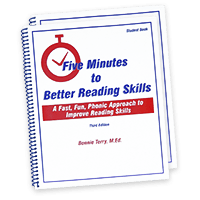
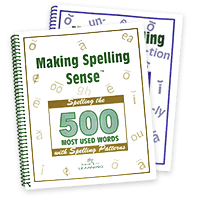

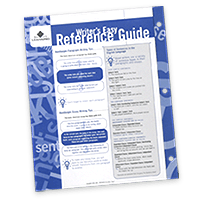
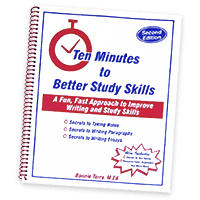

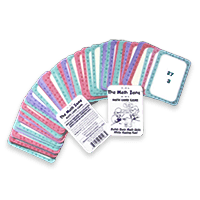
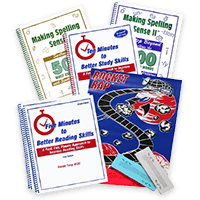
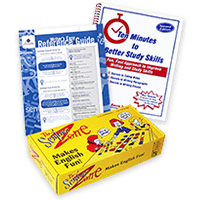
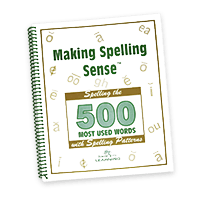









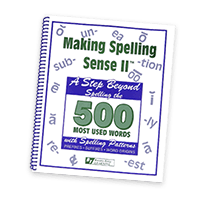
How do you deal with a panic attack and is there anything you can do beside taking medication?
One thing you can do is to do a deep pressure Stimulation on your palm – locate the tender spot on the thenar eminence of the palm. This is the muscle that bulges when you move your thumb. It is midway across the distance from the base of the thumb to the inner wrist. This point soothes sadness and fear (panic_ at a deep level.